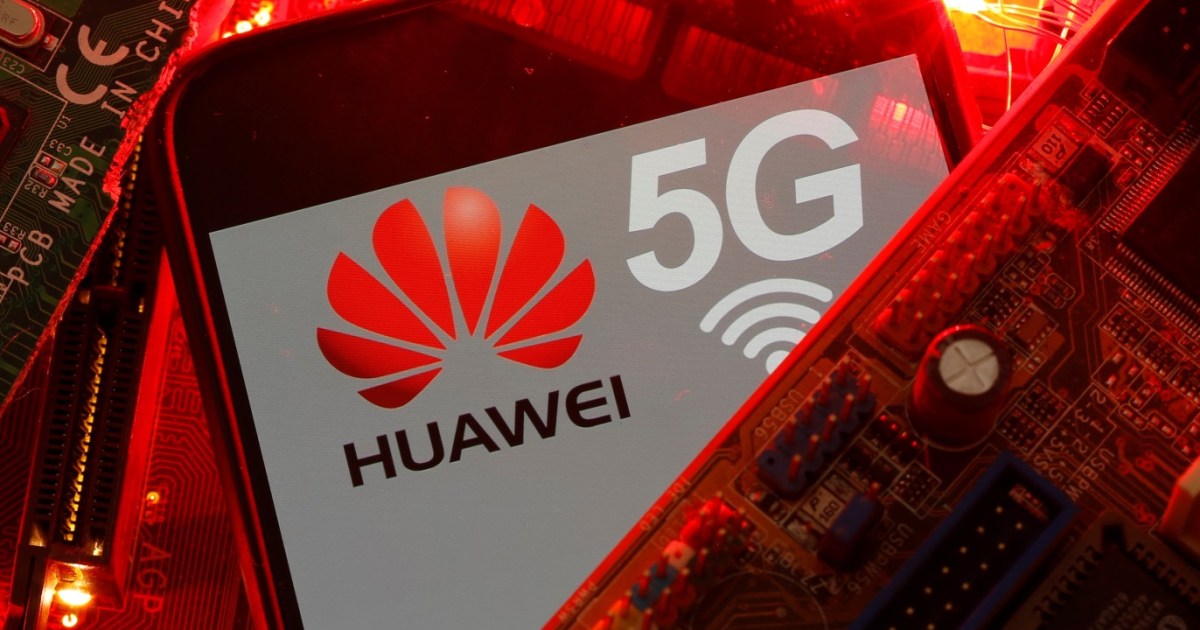British Daily Telegraph newspaper said that Prime Minister Boris Johnson plans to limit the participation of Huawei in the industry of the fifth generation "5G" in the British following the Corona virus pandemic.
Johnson asked officials to make plans to cut China's participation in British infrastructure to zero by 2023, the newspaper reported late on Friday.
According to the newspaper, Johnson is expected to use reduced dependence on China as a way to boost trade talks with US President Donald Trump after Britain leaves the European Union.
The Trump government recently tightened the noose on Huawei to block the global chip supply to the Chinese company, as this order entered into force last week, but it will give a 120-day grace period.
China responded that the US administration should stop what it called "unjustified repression" against Huawei, and pledged to protect the interests of Chinese companies and take appropriate measures to protect their rights.
China has come under criticism for its handling of the outbreak of the Coronavirus, which has begun, and Beijing denies US allegations that it was not transparent about the outbreak.
"He (Johnson) still wants to establish a relationship with China, but the Huawei deal will be greatly reduced," the newspaper quoted a source as saying. He added that instructions were issued to officials to come up with a plan to reduce Huawei's participation as quickly as possible.
The move is seen as a major change in the British position, especially after it confirmed in late April that it would allow Huawei to have a role in building the fifth generation networks.
In January, Britain decided to allow Huawei to access what the government said were insensitive parts of the network, limiting its participation by 35%.
The United States has raised security concerns about Huawei equipment, and has warned that allies who use it in their networks are at risk of cutting off valuable information exchanges as part of sharing intelligence with Washington, and the Corona pandemic and conspiracy theories that accompanied it complicated the position of the Chinese telecom company.

